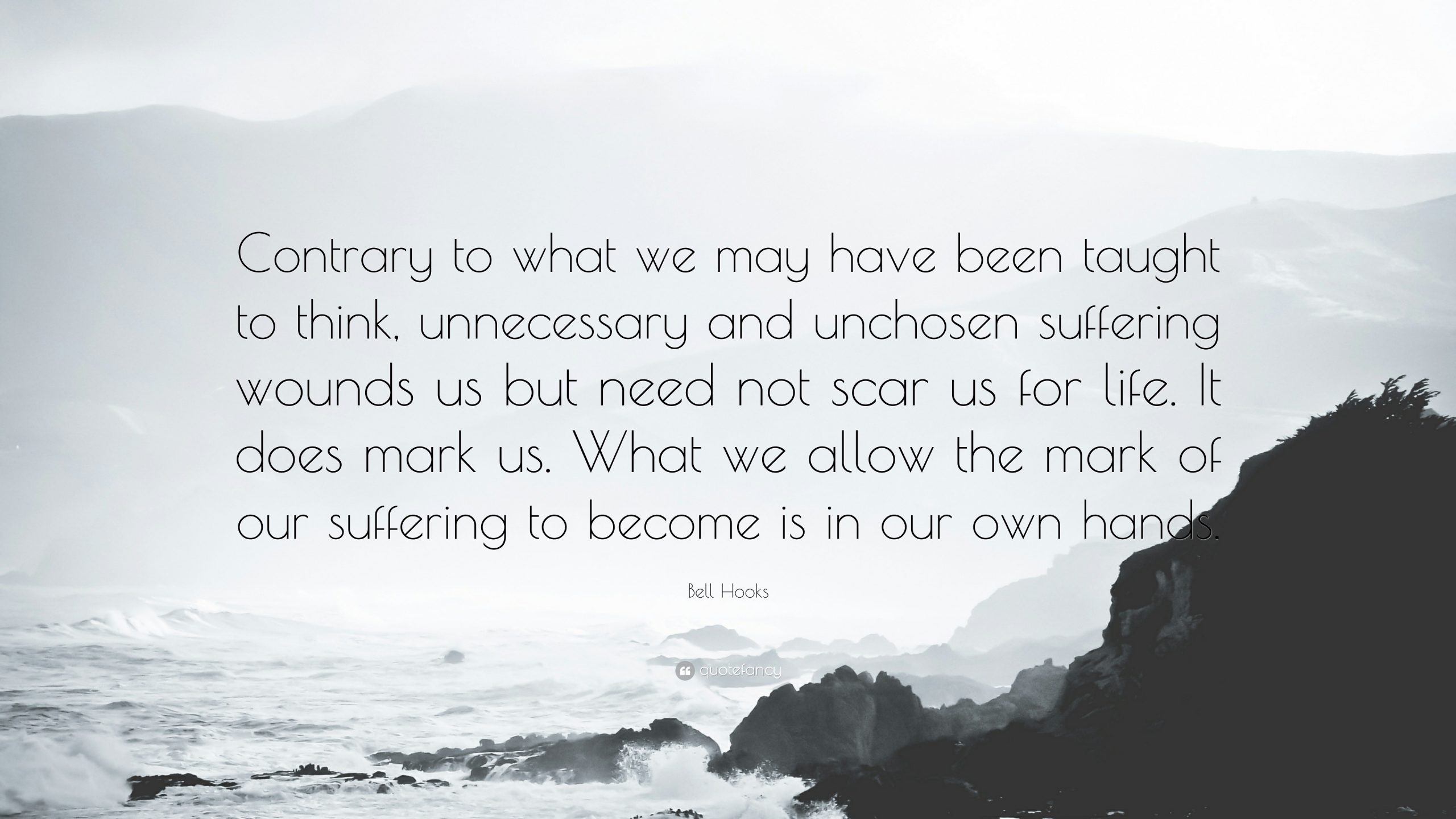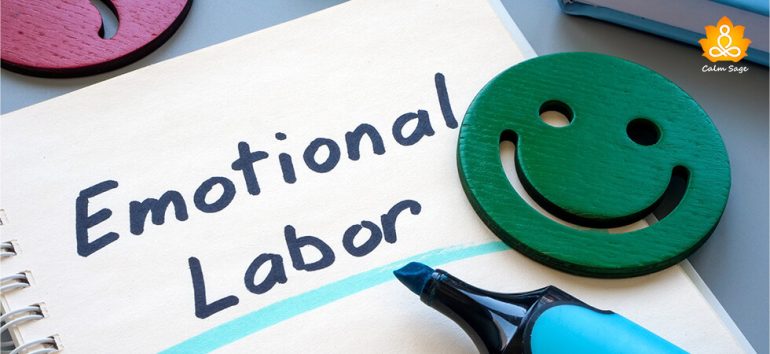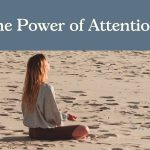The Forgotten First: A Silent Story of Being Needed but Never Chosen

Introduction
In a world that celebrates confidence and rewards ambition, there exists a quieter narrative — one that rarely gets told. It is the story of the person who is always there, always listening, always helping — yet never quite seen for who they truly are. She is the one who picks up the pieces, holds the broken parts of others together, and vanishes when no longer needed.
This is her story — the woman who has never been put first in her entire life.

The Invisible Thread
She’s the reliable friend. The person everyone calls when their world collapses. She answers texts at 3 AM, offers rides when cars break down, and listens for hours without ever steering the conversation back to herself. To the world, she’s a savior — someone whose presence fills the void.
But what happens when the void is no longer there?
They move on.
And she remains — quiet, overlooked, and emotionally exhausted.

Emotional Labor Without Credit
Society rarely acknowledges emotional labor. It’s the invisible effort of remembering birthdays, noticing shifts in tone, making others feel safe — a skill often possessed by women, and frequently taken for granted.
She has always given without keeping score. But the pattern is painfully clear: people come to her broken, stay until they’re healed, then leave. They don’t stay out of loyalty or love — they stay out of need. And when that need fades, so does their presence.
She doesn’t blame them — not fully. After all, she’s made it too easy.

Patterns from the Past
Digging deeper, this pattern often has roots in childhood. Maybe she was taught — explicitly or through experience — that her needs come second. Maybe she grew up caring for siblings, an ailing parent, or constantly mediating conflict. She learned early on that love is earned through sacrifice.
And so she became the helper, the fixer, the “therapist friend.” Her sense of identity became tied to her usefulness.
She didn’t realize that while being useful is admirable, being used is not.

Relationships Built on Imbalance
Romantic relationships followed the same script. She chose partners who were emotionally unavailable, broken, or selfish. They needed someone to stabilize them — and she obliged. She overcompensated, over-gave, and overextended, thinking that maybe, this time, someone would choose her the way she chose them.
But they never did.
When they were stronger, more confident, or healed, they drifted away. Not with cruelty, but with indifference — as if she were a temporary chapter, not the entire story.
The Burnout of the Selfless
Constantly being everything for everyone else eventually drains a person. Burnout doesn’t just come from jobs — it comes from emotional imbalance. She began to notice fatigue that rest couldn’t fix, a sadness that lingered even in happy moments, and an ache of invisibility that screamed in silence.
Her kindness was mistaken for infinite capacity. But kindness without boundaries becomes martyrdom.
She wasn’t thriving — she was surviving. Quietly. Alone.
The Turning Point
There comes a moment — sometimes subtle, sometimes explosive — when she finally sees the pattern. She realizes she’s never been anyone’s first choice. That her presence is convenient, but not celebrated. That while others saw her as strong, she felt forgotten.
It’s a painful awakening. Not because of anger, but because of grief — grief for the years spent prioritizing others, for the love unreciprocated, for the self neglected.
She begins to ask: Who takes care of me?
Learning to Say No
Healing begins with a word she’s long avoided: no.
No, I can’t help this time.
No, I won’t drop everything for someone who ignores me otherwise.
No, I won’t pretend I’m okay when I’m not.
Saying no is terrifying — it feels selfish. But it’s the first act of reclaiming worth. She begins to see that boundaries are not walls; they are doors with locks, opened only with consent.
Choosing Herself
For the first time, she starts to prioritize herself. Not in grand, rebellious ways — but in quiet acts of self-love. She goes to therapy. She journals. She spends time alone not because she’s unwanted, but because she enjoys her own company.
She stops explaining herself to those who never truly listened.
She stops apologizing for taking up space.
Most importantly, she learns that being loved is not a reward for being useful. She deserves love simply because she exists.
Redefining Relationships

With clarity comes courage. She starts to examine the relationships in her life. Who drains her? Who uplifts her? Who only calls when they need something?
She doesn’t burn bridges — she just stops rebuilding the ones that crumble on their own.
She begins to seek out people who offer mutual care — relationships built not on convenience or crisis, but connection and reciprocity.
And slowly, she learns the difference between being needed and being valued.
The Quiet Strength of Walking Away
Leaving relationships — friendships, even family ties — that no longer serve her is not easy. It comes with guilt, second-guessing, and sadness.
But it also brings peace.
She learns that walking away is not weakness — it is self-respect in motion. And each step she takes away from toxic patterns brings her closer to herself.
She no longer waits to be chosen. She chooses herself.
The Woman Reborn
Over time, the world doesn’t change — but she does.
She no longer fills the voids in others. She fills her own cup first. She still loves deeply, helps when she can, and shows up with compassion — but never at the cost of her own well-being.
And something incredible happens.
When she stops accepting crumbs, the people around her change. Some leave — those who benefited from her silence. But others arrive — people who see her, cherish her, and love her not for what she gives, but for who she is.
From Filler to Foundation
She used to be the glue in other people’s brokenness. Now, she is the architect of her own wholeness.
No longer a placeholder in someone else’s story, she becomes the main character in her own.
And while it took years of being needed but never chosen, of giving until it hurt, of realizing she was never first — she now understands:
She was never meant to be a stop on someone else’s path.
She is the destination.
Final Thoughts
To every woman (or man) who has felt unseen, unchosen, and used: this story is for you. You are not alone. And you are not wrong for wanting more — more love, more respect, more mutuality.
You do not exist to fix others.
You are not a void-filler.
You are a whole person.
Put yourself first — not because others won’t, but because you finally believe you deserve to be.











